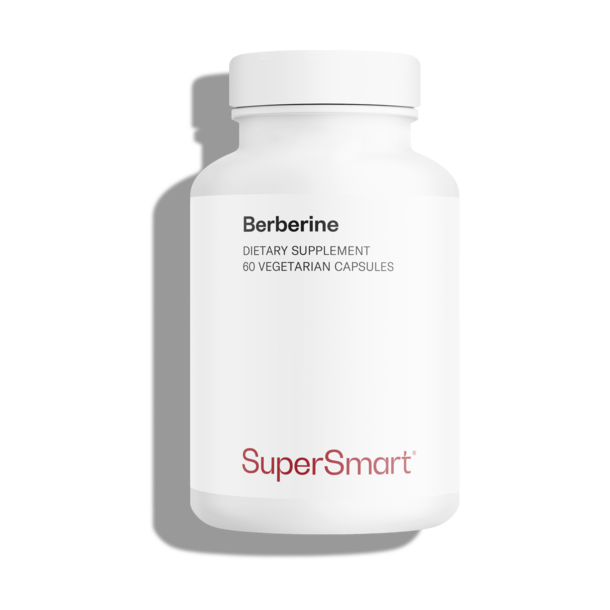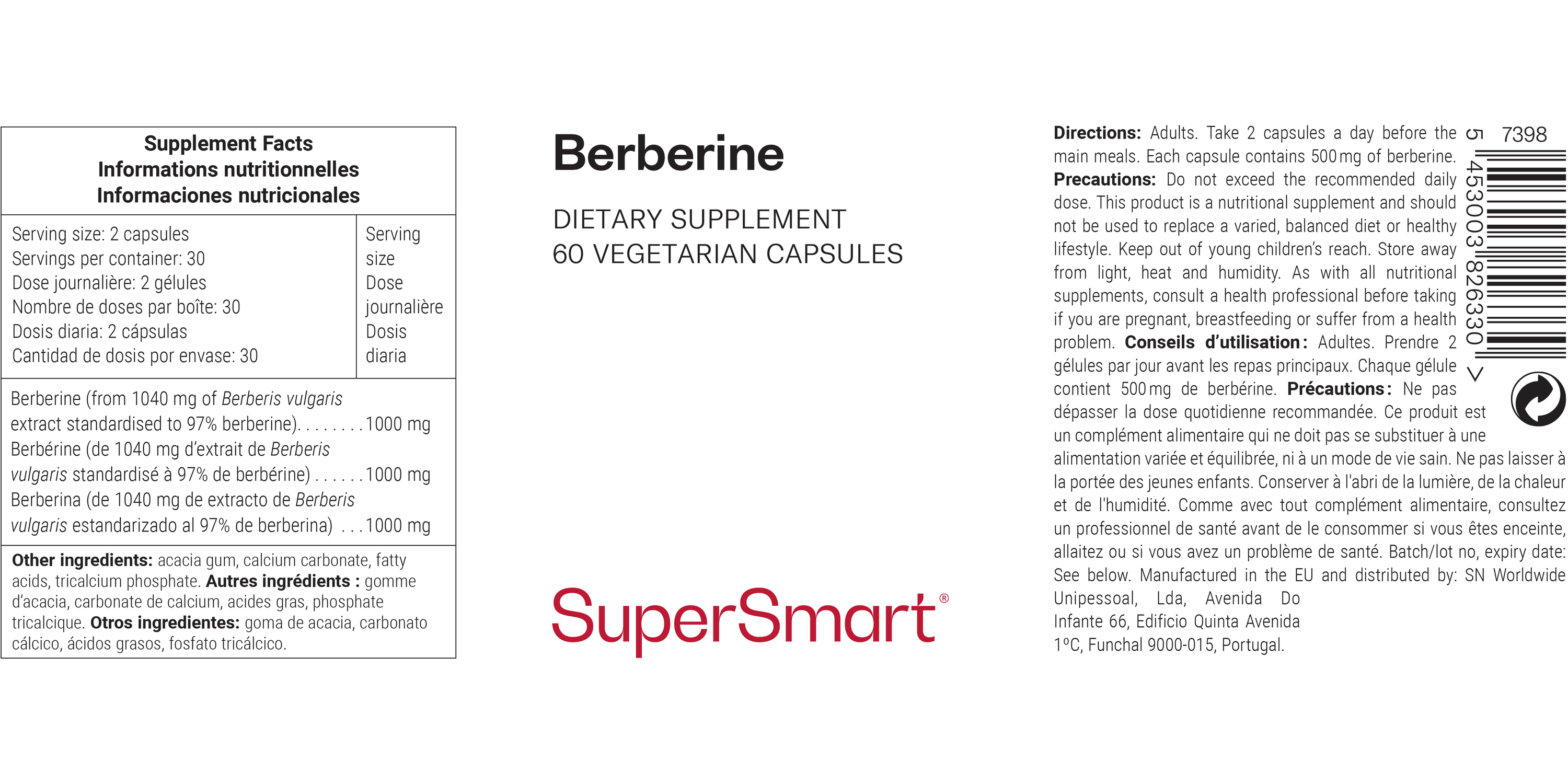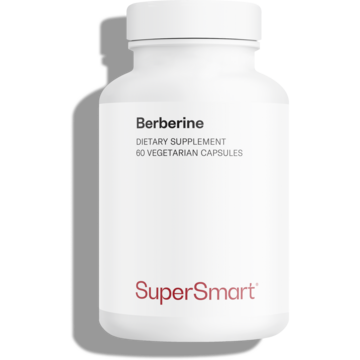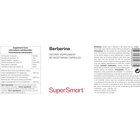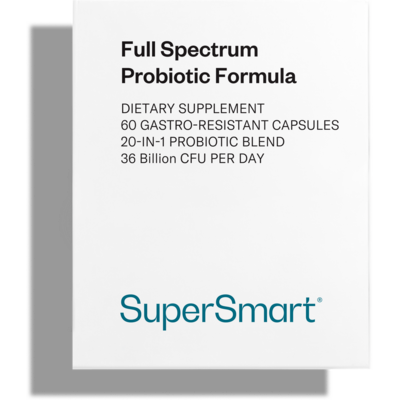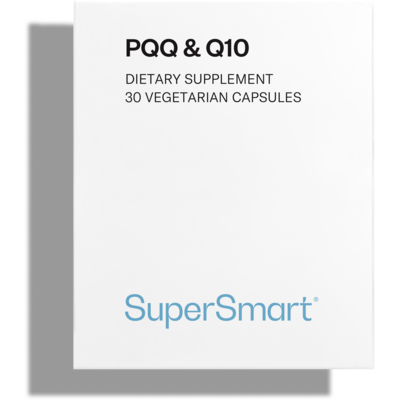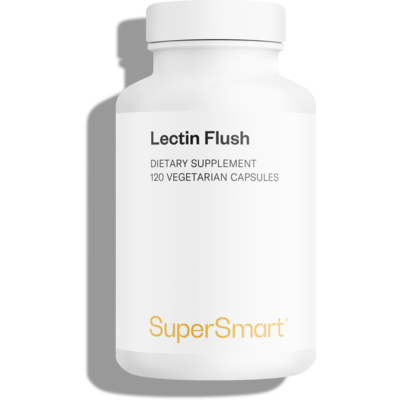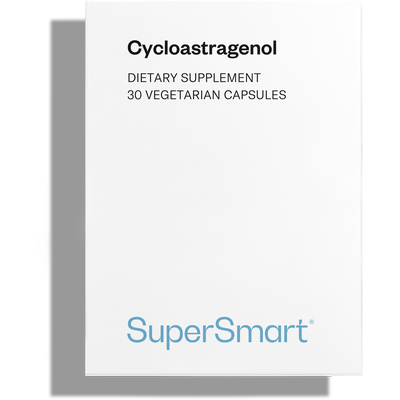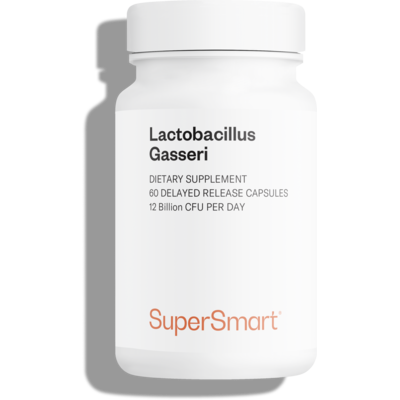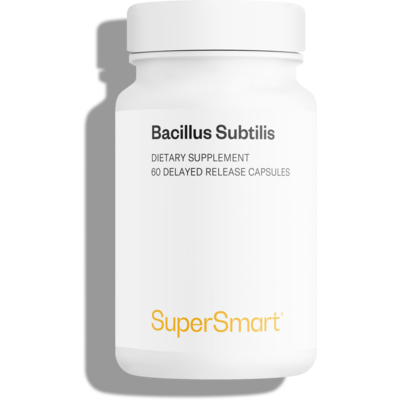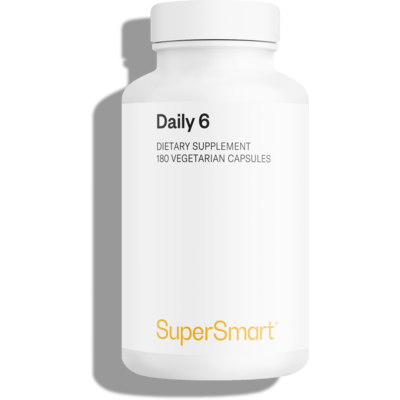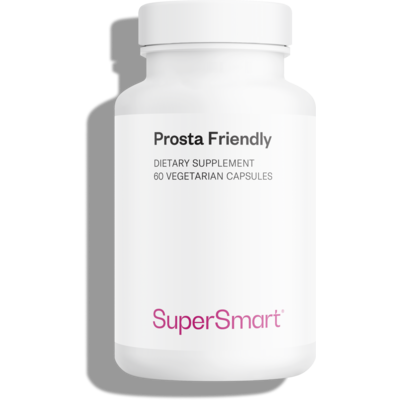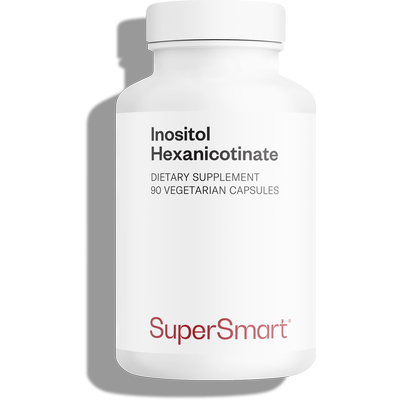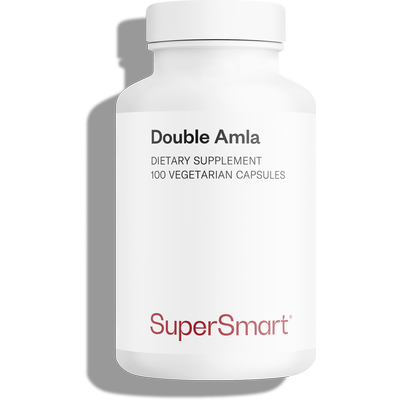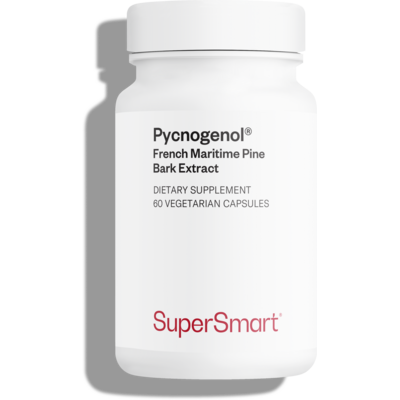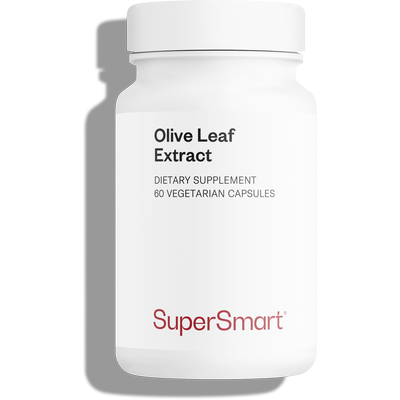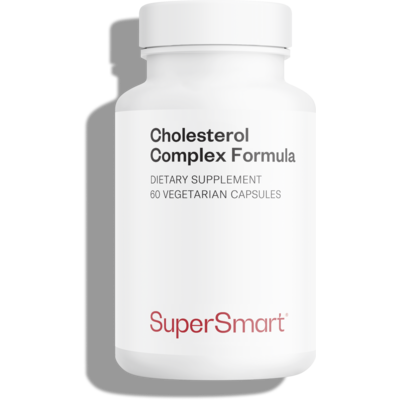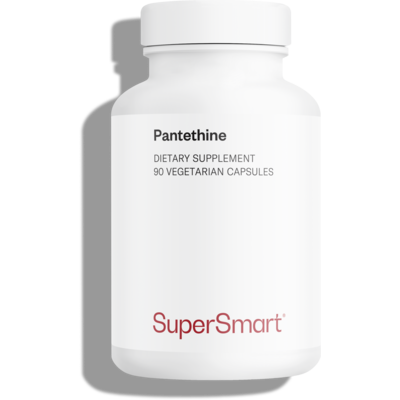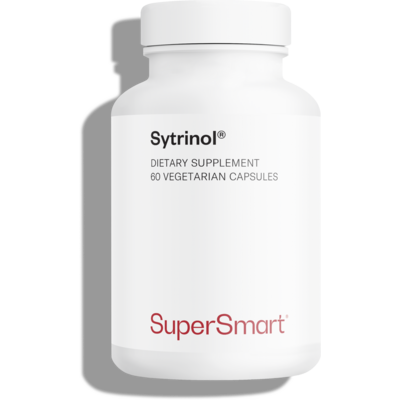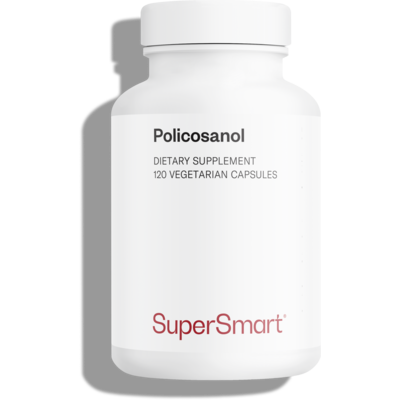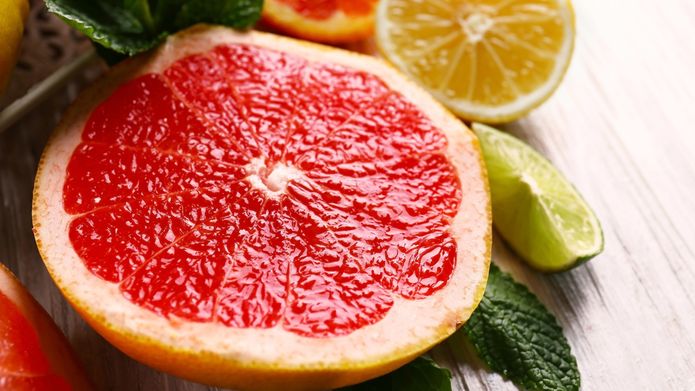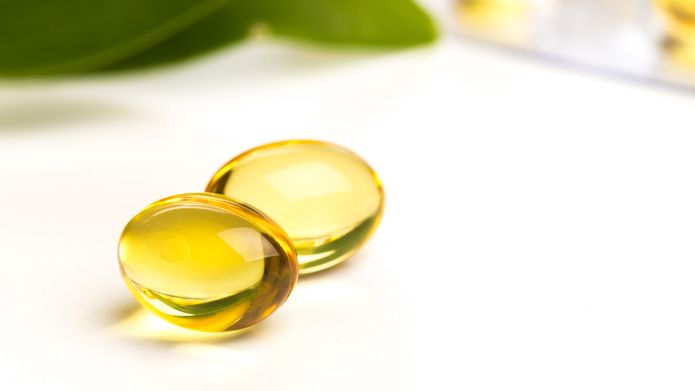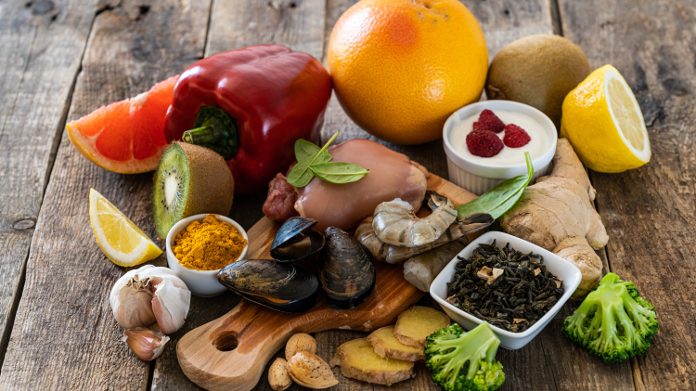Berberine is a botanical extract obtained from common barberry (Berberis vulgaris). Standardized for purity, this supplement provides a concentrated source of naturally occurring plant compounds traditionally used to support overall metabolic balance and general wellness.*
What is Berberine?
Berberine is a naturally occurring alkaloid found in several plants, including common barberry (Berberis vulgaris). It has been used historically in traditional wellness practices and continues to be studied for its role in supporting normal physiological processes.*
Modern scientific research has explored the biological activity of plant alkaloids and their interaction with cellular pathways involved in maintaining normal metabolic function.* Berberine remains an area of ongoing academic investigation.
Berberine can be found in several botanical species, including Berberis aristata, goldenseal, Oregon grape, and yellowroot.
What are the Potential Benefits of Berberine Supplementation?*
Berberine has been studied for its role in supporting normal metabolic processes and overall physiological balance.* Research continues to explore its interaction with cellular pathways involved in energy utilization and metabolic regulation within normal ranges.*
Scientific publications have also examined its naturally occurring antioxidant compounds and their role in supporting cellular health.*
Because of these properties, berberine is often included in wellness programs designed to support general metabolic function as part of a balanced lifestyle.*
WARNINGS
Do not exceed the recommended daily dose. This product is a nutritional supplement and should not be used as a substitute for a varied and balanced diet or a healthy lifestyle.
STORAGE
Store in a cool, dry place away from direct sunlight, heat, and humidity.
Keep out of reach of children.
PREGNANCY AND MEDICAL CONDITIONS
If you are pregnant, breastfeeding, or have any medical conditions, consult your healthcare provider before using this product.
SUPPLEMENT INTERACTIONS
Consult your healthcare provider before use, especially if you are taking any medications or other supplements as there may be potential interactions.
*These statements have not been evaluated by the Food and Drug Administration. This product is not intended to diagnose, treat, cure, or prevent any disease.
Serving Size: 2 Capsules
Servings Per Container: 30 |
Amount Per Serving |
Berberine
(from 1,040 mg of Berberis vulgaris extract standardized to 97% berberine)
|
1,000 mg |
|
Other Ingredients: Acacia Gum, Calcium Carbonate, Fatty Acids, and Tricalcium Phosphate.
|
Serving size: Take 2 capsules a day before the main meals. Each capsule contains 500 mg of berberine.
Servings per container: 30
Storage: Store away from direct light, heat, and humidity.
Cautions: For adults only. Do not exceed the recommended daily dose. Keep out of reach of children. Consult a healthcare provider before taking this supplement and if you are pregnant, breastfeeding, or having health concerns.*
This product is a dietary supplement and should not be used as a substitute for a varied, balanced diet and a healthy lifestyle.
- Mokhber-Dezfuli N, Saeidnia S, Gohari AR, Kurepaz-Mahmoodabadi M. Phytochemistry and pharmacology of berberis species. Pharmacogn Rev. 2014;8:8.
- Bhardwaj D, Kaushik N. Phytochemical and pharmacological studies in genus Berberis. Phytochem Rev. 2012;11:523–542
- Mazandarani M, Ghasemi N, Bayat H. The second review and comparison of active ingredients in plant organs of Berberis vulgaris L. J Plant Sci Res. 2013;8:59–17.
- Madiseh MR, Heidarian E, Rafieian-kopaei M. Biochemical components of Berberis lycium fruit and its ... rats. J HerbMed Pharmacol. 2014;3:1.
- Kermanshahi H, Riasi A. ... of dietary dried Berberis vulgaris fruit and enzyme on some blood parameters of laying hens fed wheat-soybean based diets. Int J Poult Sci. 2006;5:89–93.
- Liu YT, Hao HP, Xie HG, et al. 2010. Extensive intestinal first-pass elimination and predominant hepatic distribution of berberine ... its low plasma levels in rats. Drug Metab Dispos 38: 1779–1784.
- Chen W, Miao YQ, Fan DJ, et al. 2011. Bioavailability study of berberine and the ... of TPGS on intestinal absorption in rats. AAPS PharmSciTech 12: 705–711
- Tan XS, Ma JY, Feng R, et al. 2013. Tissue distribution of berberine and its metabolites after oral administration in rats. PLoS One 8: e77969.
- Imenshahidi M, Hosseinzadeh H. Berberis Vulgaris and berberine:an update review. Phytother Res. 2016;30:1745–1764.
- EFSA opinion reference 2010;8(10):1734
- EFSA opinion reference 2010;8(10):1747
- EFSA opinion reference 2011;9(6):2207
- Feng R, Shou JW, Zhao ZX, He CY, Ma C, Huang M, et al. Transforming berberine into its intestine-absorbable form by the gut microbiota. Sci Rep. 2015;5:12155.
- Hu, Y., and Davies, G.E. 2010. Berberine ... in high-fat ... mice. Fitoterapia, 81(5): 358–366. doi:10.1016/j.fitote.2009.10. 010. PMID:19861153.
- Zhang, M., Lv, X., Li, J., Meng, Z., Wang, Q., Chang, W., et al. 2012. Sodium caprate ... of berberine via AMPK in inhibiting ... . Mol. Cell. Endocrinol. 363(1–2): 122–130. doi:10.1016/j. mce.2012.08.006. PMID:22922125.
- Chang, W., Chen, L., & Hatch, G. M. (2015). Berberine as a ...: From mechanism of action to clinical studies. Biochemistry and Cell Biology, 93(5), 479–486. doi:10.1139/bcb-2014-0107.

